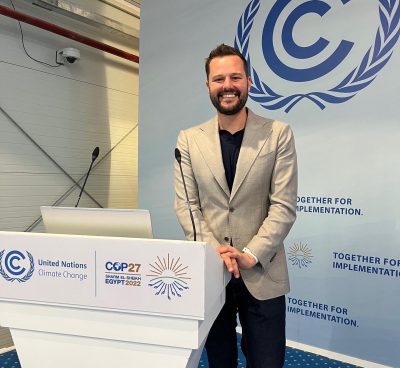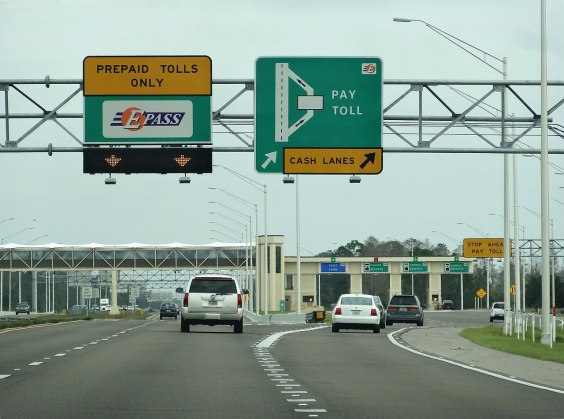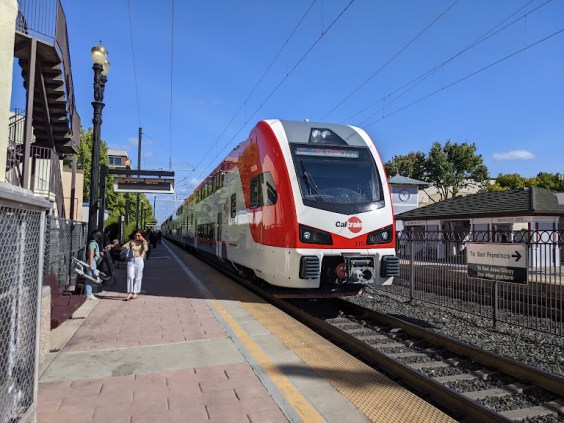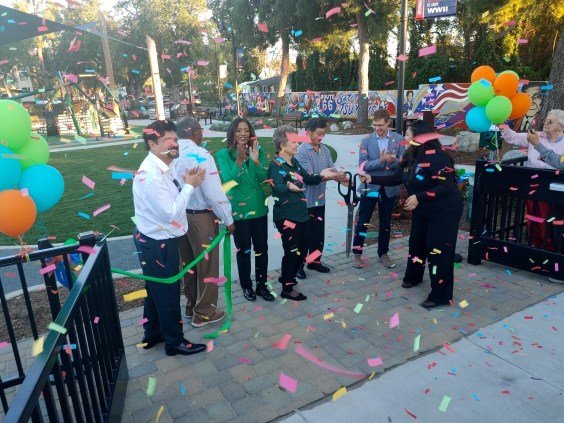San Francisco Assemblymember and former District 6 Supervisor Matt Haney was in Sharm El-Sheikh, Egypt earlier this month to attend the 27th Conference of the Parties to the United Nations Framework Convention on Climate Change (COP27). Haney has long been an ally of the safe streets movement and a champion of better transit and protected bike lanes. Streetsblog spoke with him by phone about what he was learning in Egypt and what changes can be made in California and San Francisco to reduce emissions and help fulfill the goals set out by the convention.
***
Streetsblog: So what's it like over there in Sharm el-Sheikh?
Matt Haney: Interesting. There’s over 30,000 delegates. Most heads of state were here. It’s just the entire world coming together.
SB: I've never been to Sharm El-Sheikh, but it seems like a strange choice for the summit. Why not Cairo or a major city as they've done in the past with Kyoto and Paris, for example?
MH: There's some strange aspects to this convention. I haven’t been to past ones, but Egypt is really shutting down dissent.
SB: That's why it's in a remote beachfront area?
MH: There isn’t a lot of room for protest or even outside organizing, so it feels very controlled. There’s a lot of energy at this convention around the responsibilities of the more polluting countries to the countries that are feeling the devastating impacts of climate change. That’s a huge theme of the conference that’s different from the past.
SB: That has something to do with the location?
MH: Having it in Africa, there's a lot of focus on the global south and developing countries. They have droughts and erosion, fires, and flooding that’s only going to escalate. The world is clearly failing right now.
SB: A contact of mine in the Netherlands said on social media that he almost didn't go, because he's fed up with all the talk of new tech, with very little corresponding action. I mean, we don't need new tech to reduce emissions.
MH: There's this sense that they keep on coming together to talk, they make these commitments, and then they come back to the next conference but haven’t done any better. In fact most countries are doing worse, with global emissions up year over year since the Paris agreement. We're supposed to get to about 50 percent below 2010 levels by 2030. But the action isn’t there.
SB: Right, like the Dutch guy I was thinking of was pointing out--just build some real God damn bike infrastructure and transit and stop talking about hydrogen. Are they talking about bikes and just making cities less carbon intensive?
MH. I've been going to a lot of discussion about urban issues and how cities are responding. I went to one specifically on bike lanes and walking and looking at the ways cities can can be a big part of the solution by changing our footprint around transportation. So that’s been a theme, although I think it’s not central to the negotiations to the extent I think it should be. Instead, you feel a bubbling from people wanting to put those issues more at the center. There’s a growing movements across the world to change the way we live in cities and how we get around. And yet public transportation, biking and walking is not a central part of the conversation.
SB: Like I said, I've never been to Sharm El-Sheikh, but I did some research and it looks as if there's no transit, no bike lanes, no nothing. So even by the choice of setting it seems, well--
MH: There's huge hypocrisy on how they’ve organized the conference itself. We're getting around on gas busses to get to the resorts to get to the conference. I haven’t seen anybody on a bike.
SB: It’s not Paris or Kyoto.
MH: Or Glascow or Madrid. You can’t even walk to the conference. It’s not a good reflection of the world we're trying to build. That part of it is really, painfully evident.
SB: But it's in Africa at least?
MH: Yeah, I think it’s interesting to hear about countries in Africa and Latin America that are making huge progress on biking and walking and really prioritizing those interventions. I saw the mayor of Kigali, Rwanda speak and he’s talking about how they have had car-free Sundays every other week for five years now and how transformational it has been. Ireland has a policy that 10 percent of transportation should be by biking and 10 percent by walking. Lots of countries have different policies were there has to be a transit stop within a certain distance that you can walk to and they’re holding themselves to that.
SB: But that's not us.
MH: Joe Biden and the U.S. and California delegation; we all showed up and were aggressive about commitments around renewable energy, but there’s a lot less on changing how we get around.
SB: So the U.S. talks about hydrogen and batteries, but still driving everywhere, while other countries build bike paths and transit. I mean, that was the point of my Dutch colleague; the singular focus on renewables and batteries just moves the problems around without really solving them. At least, not in time to prevent this slow-moving global catastrophe.
MH: The most transformational solutions are the ones that have been around forever; long before we started causing global warming. That's getting around on our own two feet and two wheels. And yet strangely those solutions are not a big part of the conversation. We’re talking lots about the future and hoping that some technologies will save us, when our best hope is to look to the past and look to places that are building a future based around very simple and tried solutions.
SB: So more bikes, transit, and pedestrianized neighborhoods. But America just keeps building for cars. Well, not everywhere. Shall we close with some talk about the progress in San Francisco? I'm sure you are happy with the results on the JFK Promenade votes and the Muni funding measure?
MH: I was worried about car-free JFK and the future of our transit system with Prop. L. But that was a huge win and a huge statement from voters in support of car-free streets, with deep investments in transit. California has set an aggressive goal for reducing emissions as it relates to the rest of the country, with a 40 percent reduction below 1990 levels by 2030. But European countries have committed to much more aggressive reductions. Californians like to pat themselves on the back but we’re among the 15 top emitters in the world. And we’re the second in the country behind Texas. So the question of how we reduce much more dramatically is going to require not only renewables, not only battery vehicles, but it’s going to require more people living near where they work and near world-class transit and safe ways to walk and bike that they lack right now. That’s the challenge we face and it impacts much of the rest of the world.
This interview was edited






